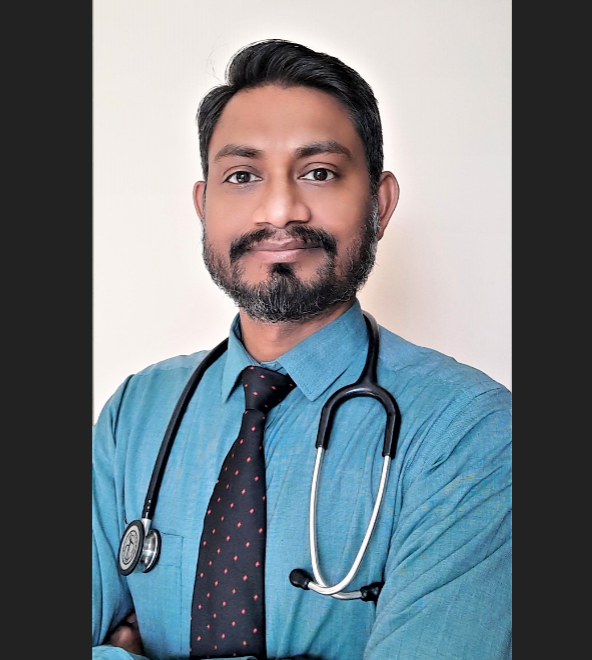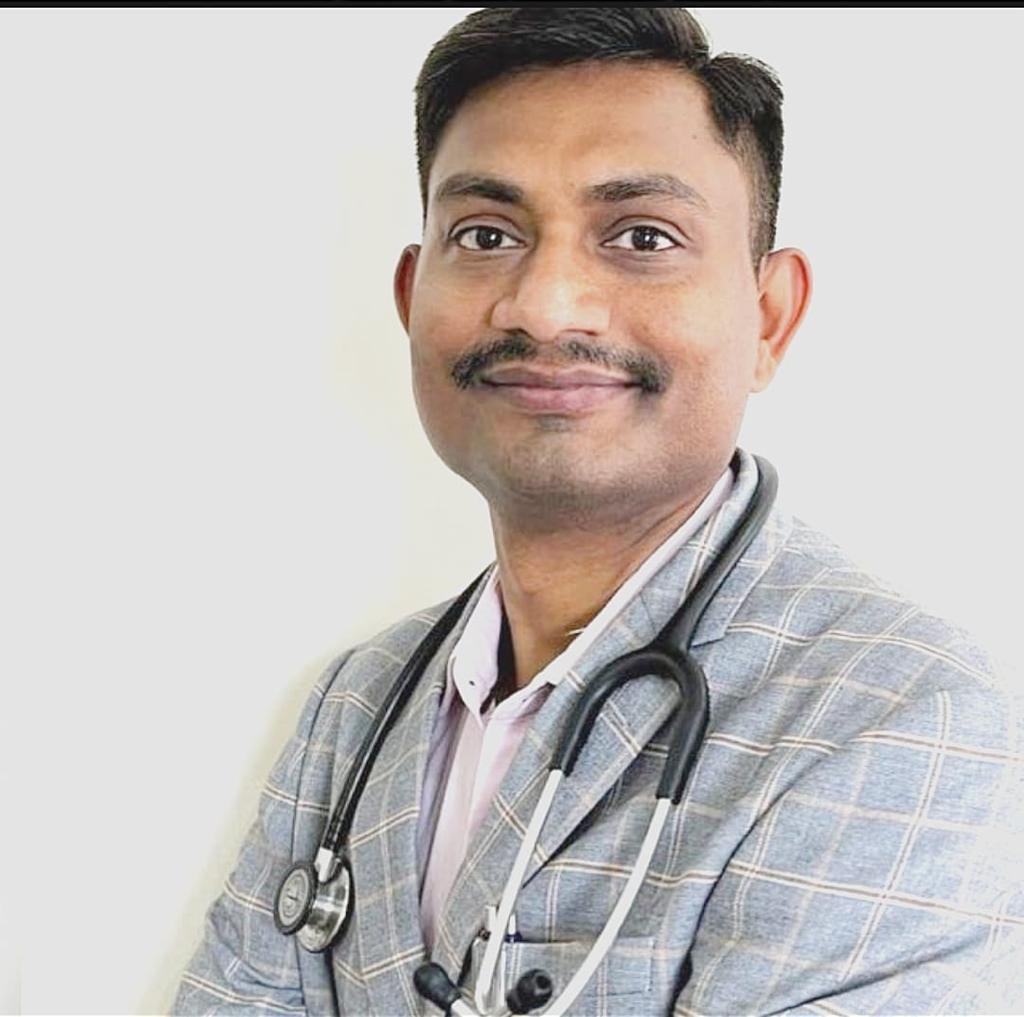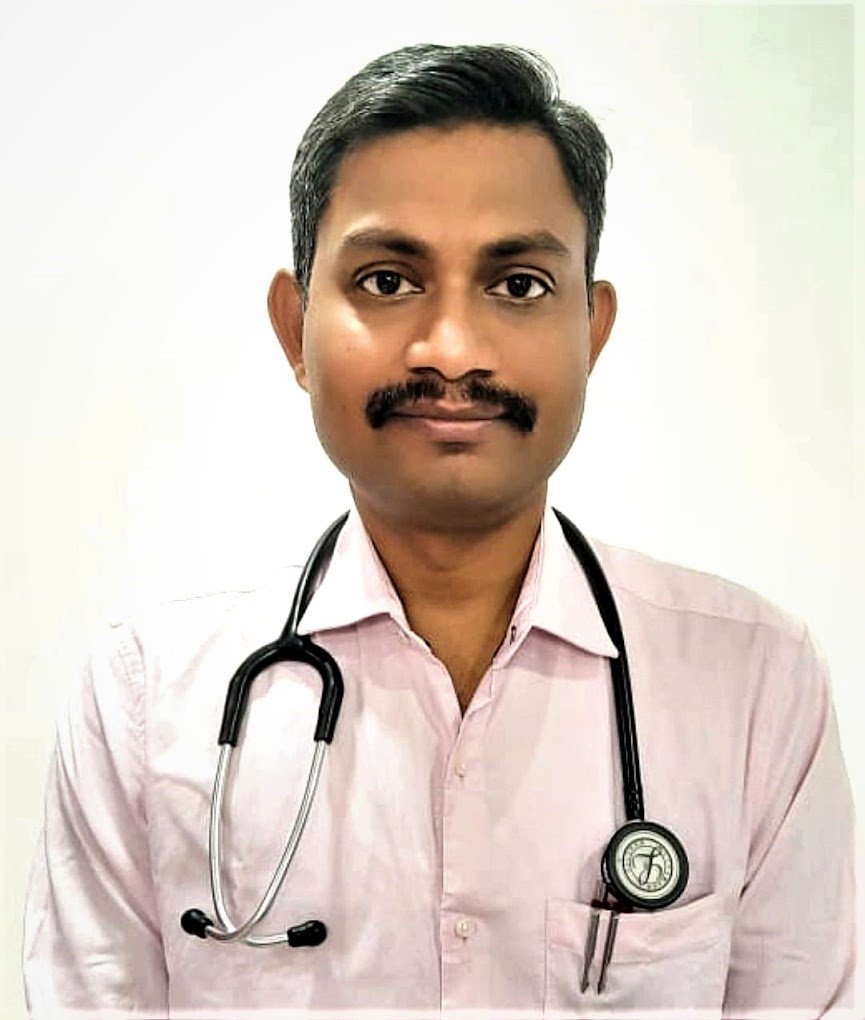- kuldeepsinghnephrologist@gmail.com
- F-1/985, Sector 1, Gomti Nagar, Lucknow, Uttar Pradesh 226010
- Mon - Sat: 9:00 am - 9:00 pm
Dr Kuldeep Singh is a highly experienced and skilled nephrologist who specializes in the treatment of kidney diseases. With over 15 years of experience in the field, he has gained a reputation as one of the best nephrologists in the region, known for his compassionate and patient-centered care.
Hypertension
Hypertension
Hypertension, commonly known as high blood pressure, is a chronic medical condition where the force of the blood against the walls of the arteries is consistently too high. If left untreated, it can lead to serious health problems such as heart disease, stroke, and kidney damage. Hypertension is a common medical condition where the force of the blood against the walls of the arteries is consistently too high. Over time, this increased pressure can lead to serious health problems, including heart disease, stroke, and kidney damage.

Causes of Hypertension :-
- Primary (Essential) Hypertension :- No identifiable cause; develops gradually over time.
- Secondary Hypertension :- Caused by an underlying condition such as kidney disease, hormonal disorders, or certain medications.
Risk Factors :-
- Genetics :- Family history of hypertension.
- Age :- Risk increases with age.
- Diet :- High salt intake, low potassium, and excessive alcohol consumption.
- Lifestyle :- Lack of physical activity, obesity, smoking, and chronic stress.
- Chronic Conditions :- Diabetes and kidney disease.
Symptoms :-
Hypertension often has no noticeable symptoms, which is why it’s often referred to as a “silent” condition. In severe cases, symptoms may include:
- Headaches
- Dizziness
- Shortness of breath
- Nosebleeds
Diagnosis:
- Blood Pressure Measurement :- Regular checks using a sphygmomanometer to assess blood pressure levels.
- Additional Tests :- May include blood tests, urine tests, and imaging studies to determine the cause and check for related complications.
Treatment :-
Lifestyle Changes :-
- Diet :- Reduce sodium intake, eat a balanced diet rich in fruits, vegetables, and whole grains.
- Exercise :- Engage in regular physical activity, such as walking, jogging, or swimming.
- Weight Management :- Achieve and maintain a healthy weight.
- Stress Reduction :- Practice relaxation techniques like meditation or yoga.
- Limit Alcohol and Quit Smoking :- Both can contribute to higher blood pressure.
Medications :-
- Diuretics :- Help reduce excess fluid and sodium in the body.
- ACE Inhibitors :- Help relax blood vessels by blocking the formation of a hormone that narrows blood vessels.
- ARBs (Angiotensin II Receptor Blockers) :- Help relax blood vessels by blocking the effects of a hormone that narrows blood vessels.
- Calcium Channel Blockers :- Help relax blood vessels by preventing calcium from entering heart and blood vessel cells.
- Beta-Blockers :- Help reduce the heart rate and the workload on the heart.
Regular Monitoring :-
- Blood Pressure Checks :- Frequent monitoring to track the effectiveness of treatment and make adjustments as needed.
- Follow-Up Appointments :- Regular visits with your healthcare provider to assess progress and manage any complications.
Prevention :-
- Healthy Lifestyle Choices :- Adopting a heart-healthy diet, staying active, and avoiding tobacco and excessive alcohol consumption.
- Regular Health Screenings :- Regular check-ups to monitor blood pressure and detect any early signs of hypertension.
- Stress Management :- Incorporating stress-relief practices into your daily routine.



Hypertension F&Q's
Normal blood pressure is typically less than 120/80 mmHg. Blood pressure readings above this range may indicate hypertension.
If you have normal blood pressure, check it at least once a year. If you have hypertension or are at risk, more frequent monitoring is recommended.
Hypertension is generally managed rather than cured. With proper lifestyle changes and medication, blood pressure can be controlled effectively.
Yes, untreated hypertension can lead to serious complications such as heart attack, stroke, kidney damage, and vision loss.
Effective management includes adhering to prescribed medications, making lifestyle changes, monitoring blood pressure regularly, and working closely with your healthcare provider.
Seek medical attention if you experience symptoms such as severe headaches, chest pain, or shortness of breath. Regular visits to your healthcare provider are also important for managing hypertension.
Dr. (Lt Colonel) Kuldeep Singh
is a Nephrologist with expertise in the area of Chronic Kidney diseases, renal transplants (including high-risk transplants, blood group incompatible transplants), dialysis (hemo and peritoneal), and critical care nephrology.
073075 45466
kuldeepsinghnephrologist@gmail.com
Visiting Hours
| Mon - Sat: | 9:00 am - 9:00 pm |

Copyright 2024 All Rights Reserved Dr. (Lt Colonel) Kuldeep Singh Design by Digital Skills Valley
WhatsApp us



